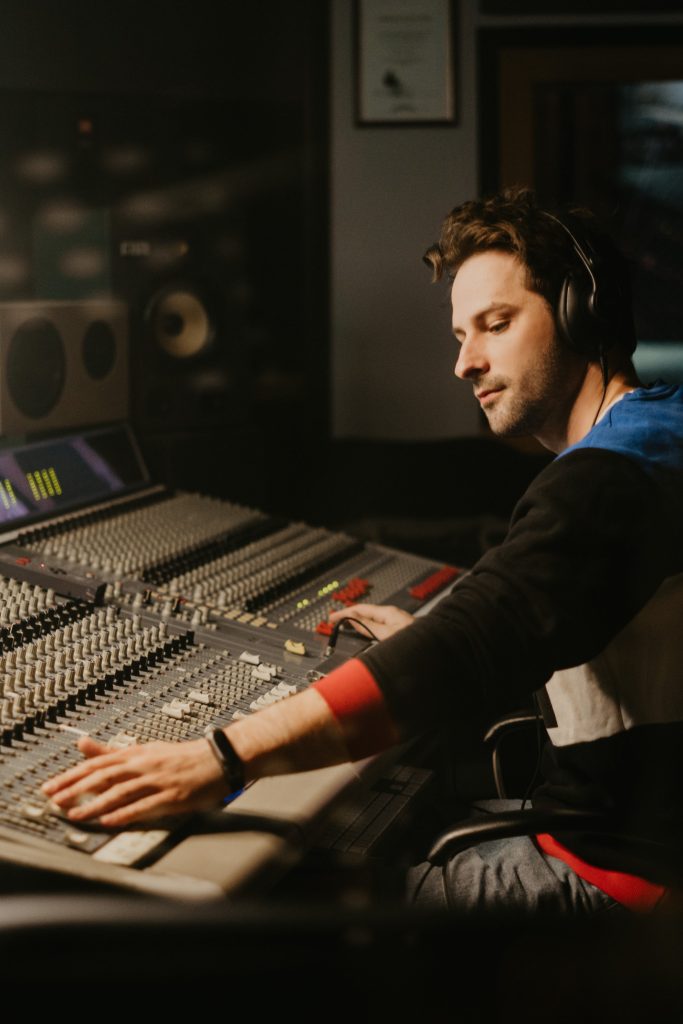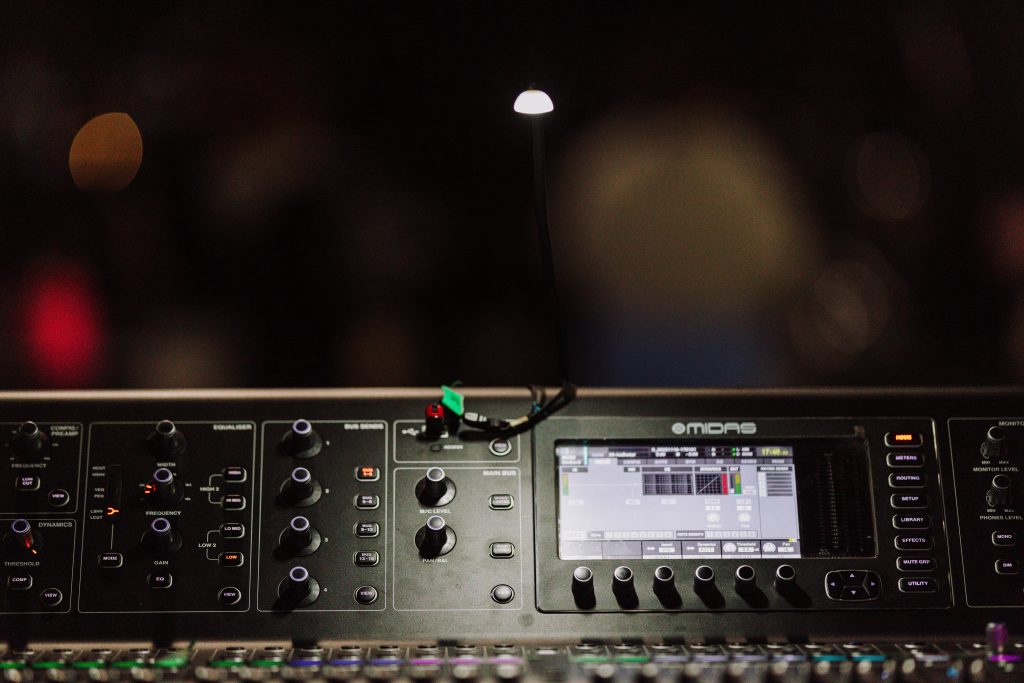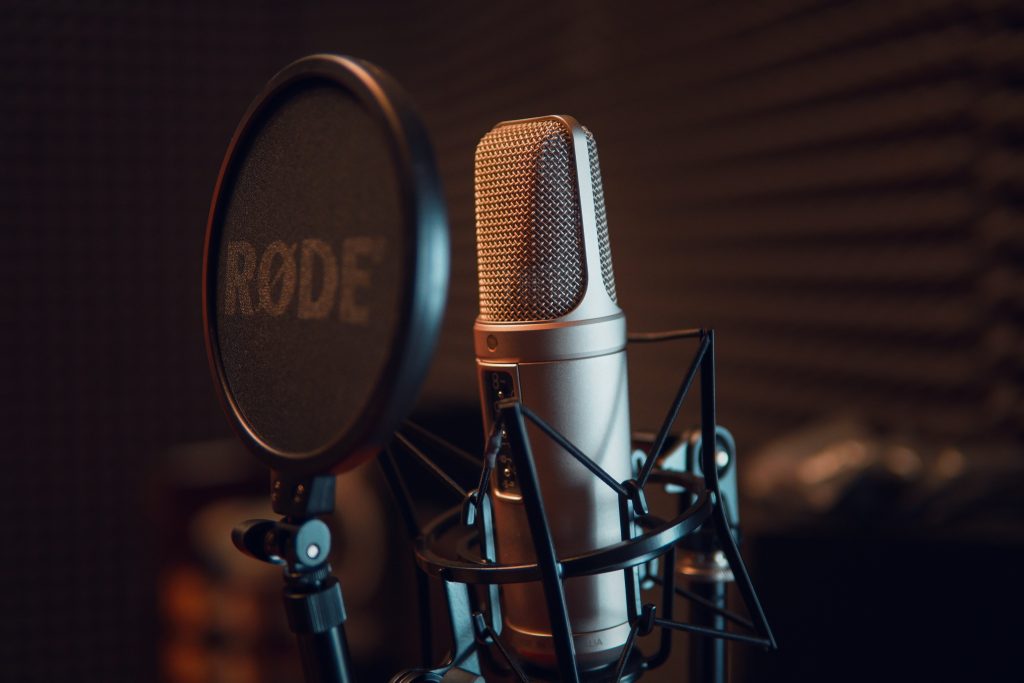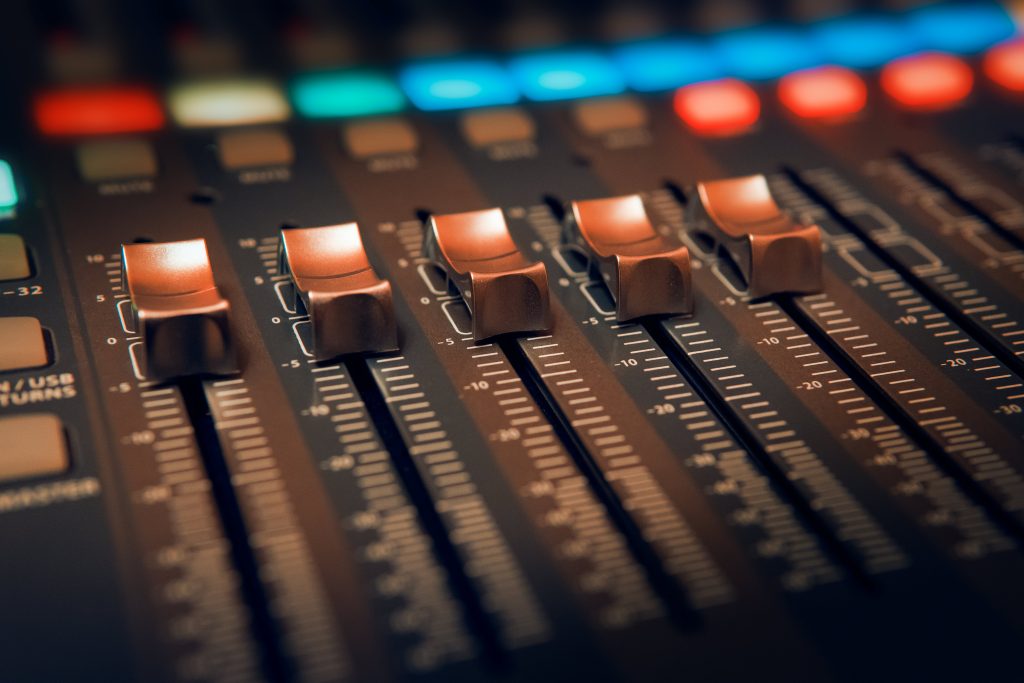
The use of recording technology has helped many singers in creating their preferred type of music , Without sound recording technology, the music industry would have been difficult and complicated, much like before the emergence and development of the technology, where it went through many stages.
Now Sound recording technology has played a crucial role in the evolution of the music industry and has greatly impacted the ability of singers and music producers to realize their artistic vision. Here are some points that illustrate this impact:
- Musical Diversity
- editing and enhancing
- Creative Possibilities
- Workflow Efficiency
- Collaboration and remote recording
- Digital Distribution
- Sound Control and Manipulation

Musical diversity is one of the most important roles played by sound recording technology, as it has helped artists to discover and experiment with different types of music, leading to the emergence of new musical genres.

Artists and producers now have the ability to edit and enhance recordings to a very high degree, thanks to the development of software technology, which has helped to fulfill the audience’s needs. Here are some ways in which recording technology has influenced the process of music editing and enhancement:
Multi-Track Recording: This technology allows musicians to record different instrumentals and vocals separately and then blend them together to create the final piece. This layering technique can enhance the overall sound quality and complexity of the music.
Editing Flexibility: With digital audio workstations (DAWs), producers can cut, copy, paste, and move sections of music easily, allowing for precise editing and rearrangement of tracks.
Sound Effects and Filters: Recording technology includes a variety of effects and filters that can be applied to music, such as reverb, delay, distortion, and equalization, which can significantly alter and improve the sound.
Pitch Correction: Tools like Auto-Tune can correct any off-key notes in vocal performances, ensuring that the final product is pitch-perfect.
Virtual Instruments: Musicians can access a wide range of virtual instruments and synthesizers to create sounds that may not be possible to produce with traditional instruments.

the development of sound recording technology has expanded the creative possibilities in music production by enabling sonic experimentation, sampling and sound collage, layering and overdubbing, sound design and effects processing, spatial audio and immersive experiences, real-time manipulation and performance, collaboration and remote work, and fostering accessibility and the DIY culture. These advancements have opened doors for artists to explore new sonic territories, redefine genres, and create innovative and boundary-pushing music.

Audio recording technology has radically changed the efficiency of workflow in music production by simplifying the recording process, which has helped artists to focus on the creative aspects of music production.

Thanks to modern software and the technologies introduced by sound recording technology, artists and producers can now collaborate on musical projects with individuals from all over the world without the need to be in the same location.

Recording technology has facilitated the distribution of music through online platforms such as Spotify and Apple Music, providing new opportunities for artists to reach a broader global audience.
audio recording technology is of paramount importance in sound control and manipulation. It provides the foundation for capturing high-quality source material, enables flexible and non-destructive editing, facilitates multitrack recording, offers real-time monitoring and control, integrates a wide range of plug-ins and processing tools, enables automation, and supports restoration and enhancement. By harnessing the capabilities of audio recording technology, sound professionals can shape, manipulate, and enhance audio signals to create captivating, immersive, and impactful sonic experiences.


